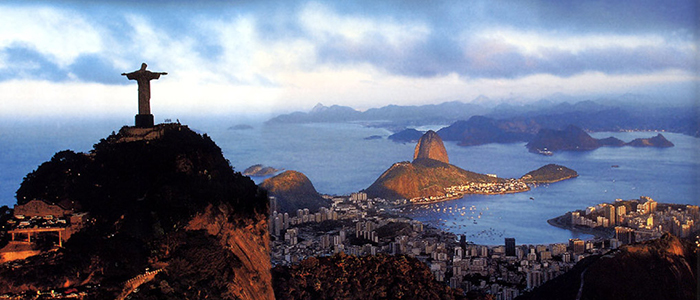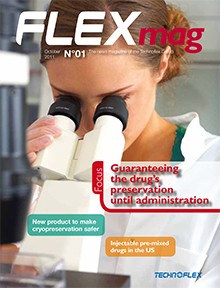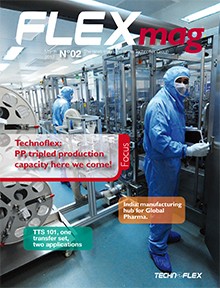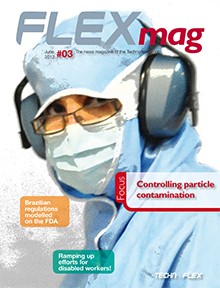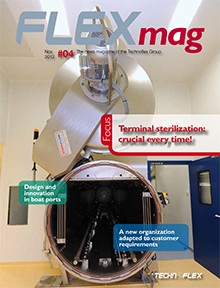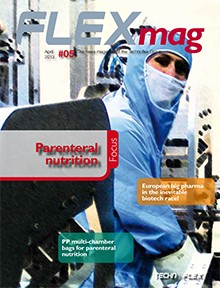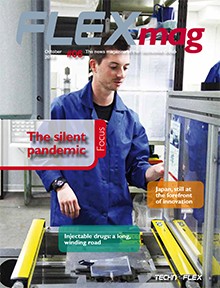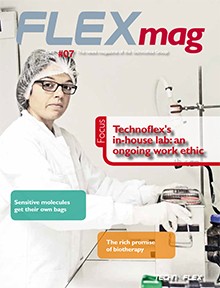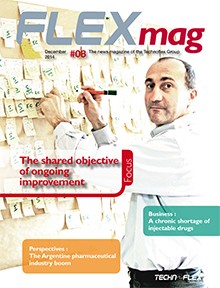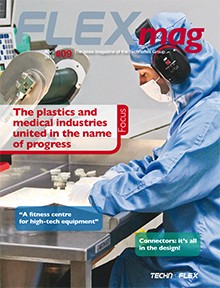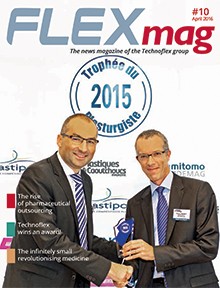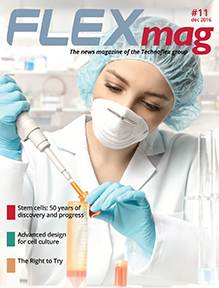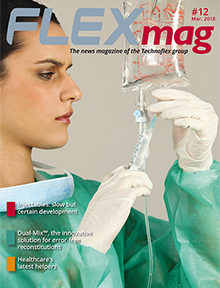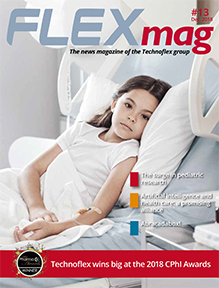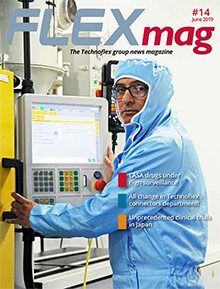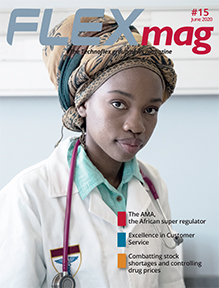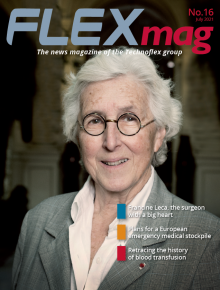Brazil’s pharmaceutical industry unscathed by economic crisis
In the past two years, driven by the emergence of a large middle class and the ageing of the population, the Brazilian pharmaceutical sector has risen from 12th- to 9th-ranked worldwide. And according to IMS, it is poised to move into 7th place by 2016. This dynamic growth has prompted major laboratories around the world to step up their development, and is attracting new players in the industry. Last July, for example, the French laboratory LFB signed a technology transfer contract with the Brazilian State-owned company Hemobras, for the pharmaceutical outfitting and validation of a plasma-derived medicine plant. Another French player, Sanofi-Aventis, has opted to establish strong local presence. Since its acquisition of Medley, Brazil’s third-largest pharmaceutical laboratory and the industry leader in generics, Sanofi-Aventis is now No. 1 in all product segments.
The generics windfall
As patents on many blockbuster drugs expire and governments up their efforts to contain health care costs, the global generics market is set for major growth. Since being introduced on the market in 2001, generics have changed the face of the Brazilian pharmaceutical industry. According to the Brazilian Ministry of Health, there are now more than 540 registered pharmaceutical companies in Brazil (36% of domestic origin). Almost 70% are concentrated in the state of São Paulo. Boosted by the booming generics market (representing 20.6% of sales), Brazilian laboratories are investing massively in R&D to develop higher-added-value products. Major pharmaceutical laboratories are also finding local partners to transform imported products.
